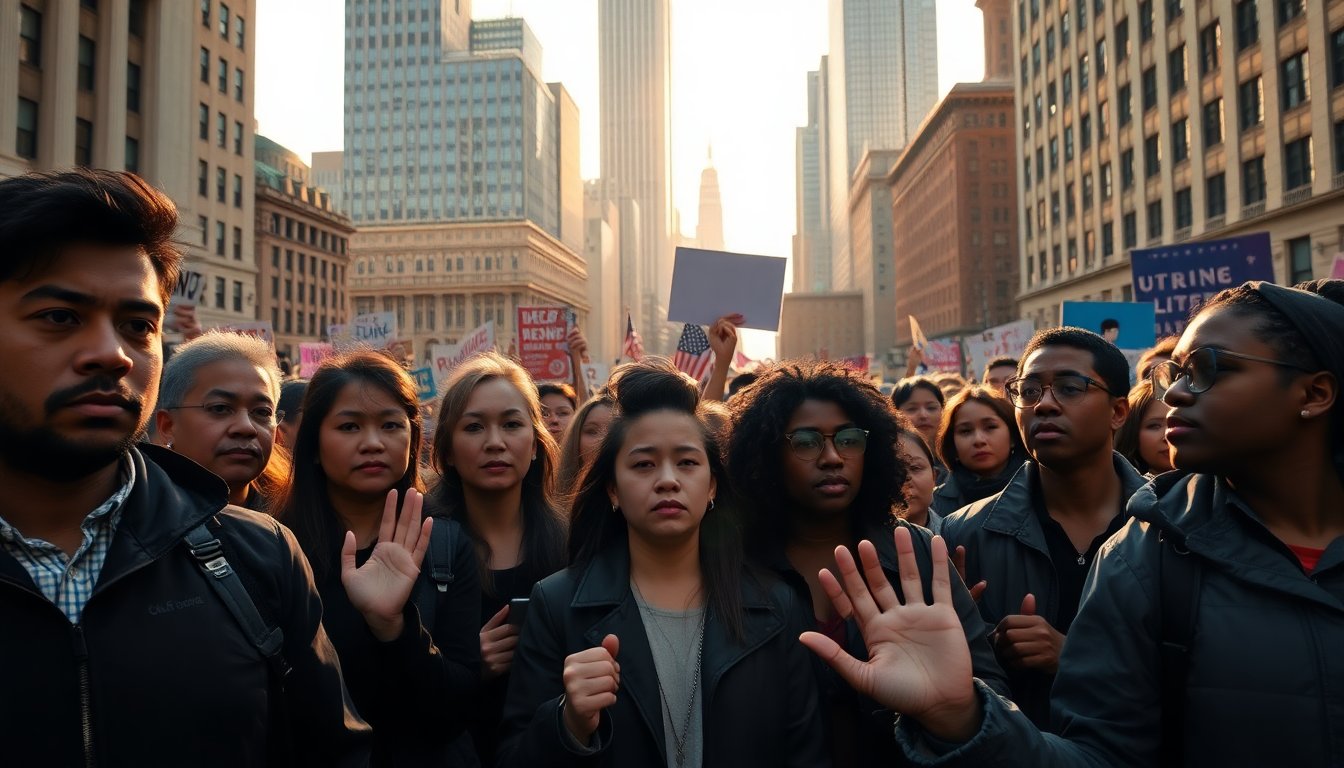Table of Contents
The recent election of Zohran Mamdani as the mayor of New York has stirred up discussions about the future dynamics between the city and the federal government, particularly under the leadership of Donald Trump. During his victory speech, Mamdani made it clear that he does not anticipate a harmonious collaboration with the president, urging Trump to be more vocal about his stance on issues that matter to the city.
Mamdani’s remarks come in response to Trump’s previous derogatory comments, labeling the new mayor as a “100% Communist Lunatic.” This antagonistic relationship hints at potential challenges ahead, particularly regarding vital federal funding that cities like New York heavily rely on for various initiatives aimed at improving the quality of life for residents.
Implications of the Mayor’s Agenda on Federal Relations
One of the central concerns for Mamdani, as he embarks on his mayoral journey, is the affordability crisis in New York. His administration plans to tackle housing issues head-on, which he views as critical for easing the financial burden on citizens. With the city relying on the federal government for substantial funding—approximately $7.4 billion out of a total of $115 billion in the current budget—the stakes are high.
Federal Funding and Local Initiatives
Federal assistance is crucial for many of the city’s programs, particularly those within the Department of Housing Preservation and Development, which is responsible for creating affordable housing. This department receives about half of its budget from federal sources, underscoring the importance of maintaining a cooperative relationship with the federal government.
However, Trump has previously threatened to cut off funding to New York should Mamdani take office. Such actions could have severe repercussions for the residents, as Aaron Saiger, a law professor, emphasizes the critical role the federal government plays in urban living conditions.
Potential Conflicts and Strategies for Mamdani
While Mamdani’s approach may seem confrontational, experts suggest that mayors should not shy away from standing their ground against federal pressures. The relationship between city leaders and the president can significantly influence urban policy and the political landscape. A history of conflict exists between Trump and other city mayors, such as those from Chicago and Los Angeles, who have faced similar threats and have reacted variously—some choosing to challenge the president while others sought collaboration.
Political Alliances and Local Power Dynamics
Political analysts argue that Trump’s political ambitions may play a role in his interactions with major cities. Economic elites in Democratic-led areas could sway Trump’s decisions, especially if he considers cutting funding detrimental to his support base. John Mollenkopf, a political science expert, notes that these elites might advise the president against drastic actions that could alienate crucial economic stakeholders.
In the wake of Mamdani’s election, early signs suggest Trump is reconsidering some of his more aggressive stances. During a business forum in Miami, he remarked that he would be willing to assist Mamdani, albeit minimally, indicating a potential shift towards a more collaborative approach.
Mamdani’s Housing Agenda and the Path Forward
As Mamdani takes office, his housing agenda will be vital for addressing the affordability crisis. His initial focus on rent stabilization measures aims to provide immediate relief to the city’s residents. With proposals for a four-year rent freeze and the construction of 200,000 union-built affordable housing units, Mamdani’s strategy is ambitious.
However, realizing these goals will require navigating the complexities of federal regulations and funding. The mayor must also consider the implications of his policies on existing housing stock and the financial viability of rental properties across the city.
To effectively implement his plans, Mamdani should harness his platform to advocate for broader support from federal and state governments. By fostering dialogue with key stakeholders, he can work to ensure that the necessary resources are allocated to address the pressing needs of New Yorkers.
In conclusion, while the relationship between Zohran Mamdani and Donald Trump may start on shaky ground, both parties may find mutual interests that could lead to productive outcomes for New York City. The forthcoming months will be crucial in determining how this dynamic unfolds.


